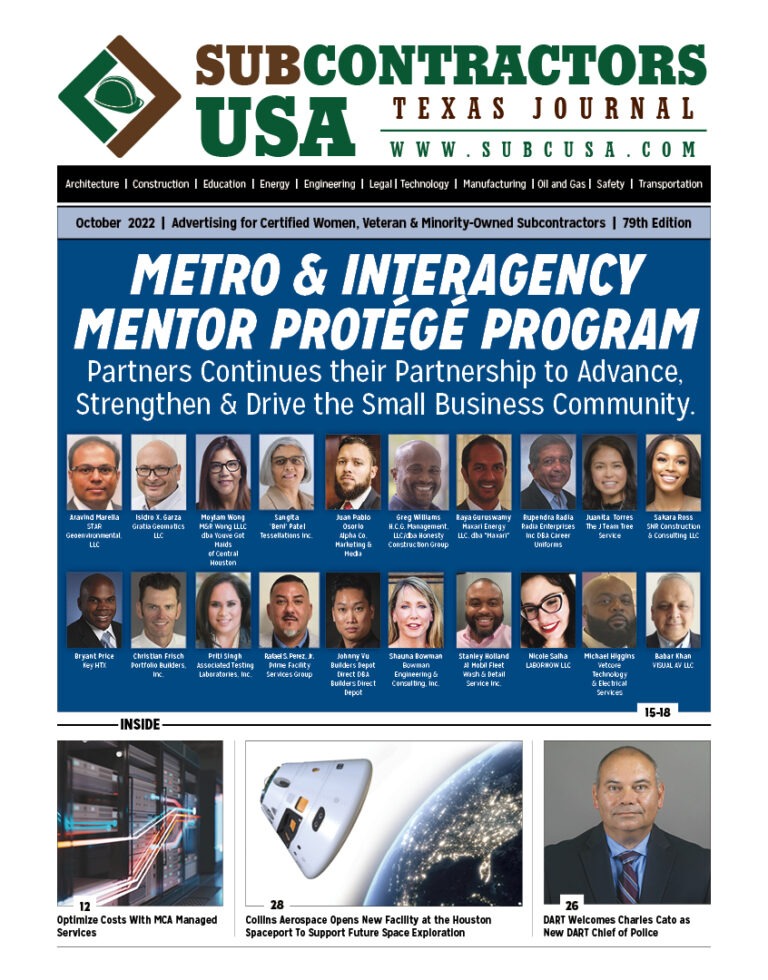
To meet the complex demands of this fast-paced environment, leadership is the most critical component for success. Through seminars, workshops, certificate programs, and online resources, the AIA prepares architects and emerging professionals to advance the architecture profession.
Whether you are a partner in a large firm, an emerging professional in your first project management role, or an elected official on a municipal council, AIA leadership programs will develop your potential and provide you with the tools to lead the profession into the future. AIA leadership development programs—in tandem with AIA components across the country—help shape the minds of architects of all experience levels.
Four key leadership tracks:
- Fundamentals: Discover behaviors, attitudes, and expectations that characterize leadership culture, and learn organizational theory and skills, and abilities needed for successful leadership at any career stage.
- Community: Find effective methods for sharing and conveying ideas to different audiences beyond architects through civic engagement and government service, advocacy skills building, philanthropy, pro bono, and public policy. Gain competencies demonstrated within public settings and new markets.
- Firm: Build leadership competency related to people, teams, and firm settings and enhance personal and organizational leadership effectiveness within design and practice.
- Professional: Expression of leadership gained through engagement across the industry, within the AIA, and affiliated professional organizations to advance the impact architects have on the future of the profession.
There are many AIA leadership programs around the country, including the Advanced Executive Leadership Program hosted by the AIA chapter in Dallas, Texas. The Advanced Executive Leadership Program is an advanced, executive leadership program recognizing the need for architect-leaders, based on the fact that, while professional education is starting to address this issue, leadership development is generally left up to the professional to learn, and succeed, or fail on their own. The problems faced by firm and studio leaders are more complex and demanding and need a higher level of engagement than traditional management programs. The program includes a one-day introductory seminar on general knowledge of leadership and basic strategies for influencing professionals and organizations; followed by five half-day seminars held each month to introduce new concepts and practices and extend knowledge; and one concluding session. Visit aiadallas.org for more.
For more information about AIA’s leadership programs around the country, please visit www.aia.org.







